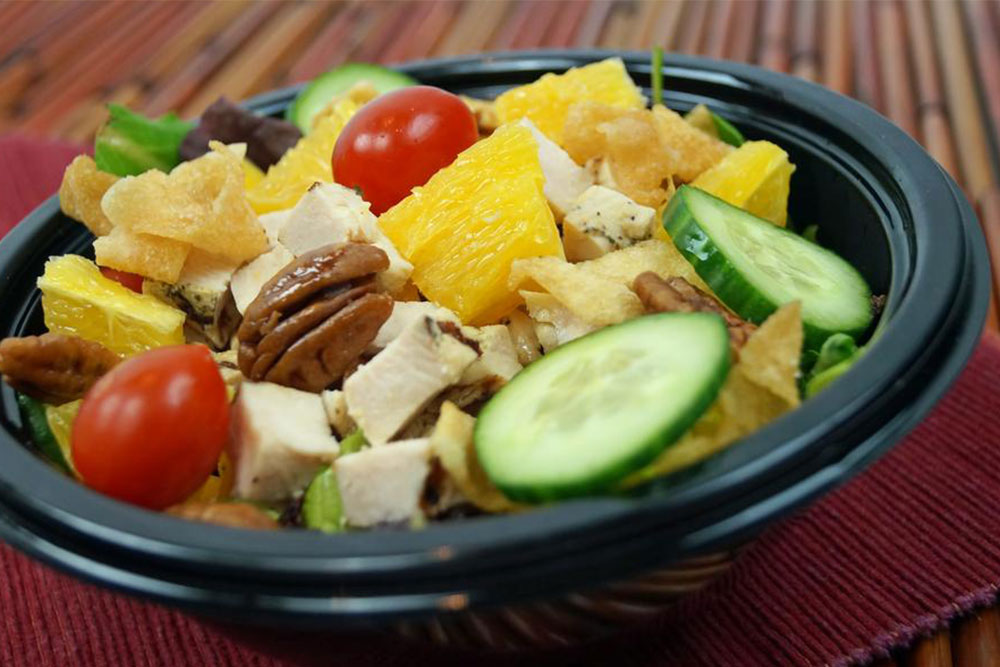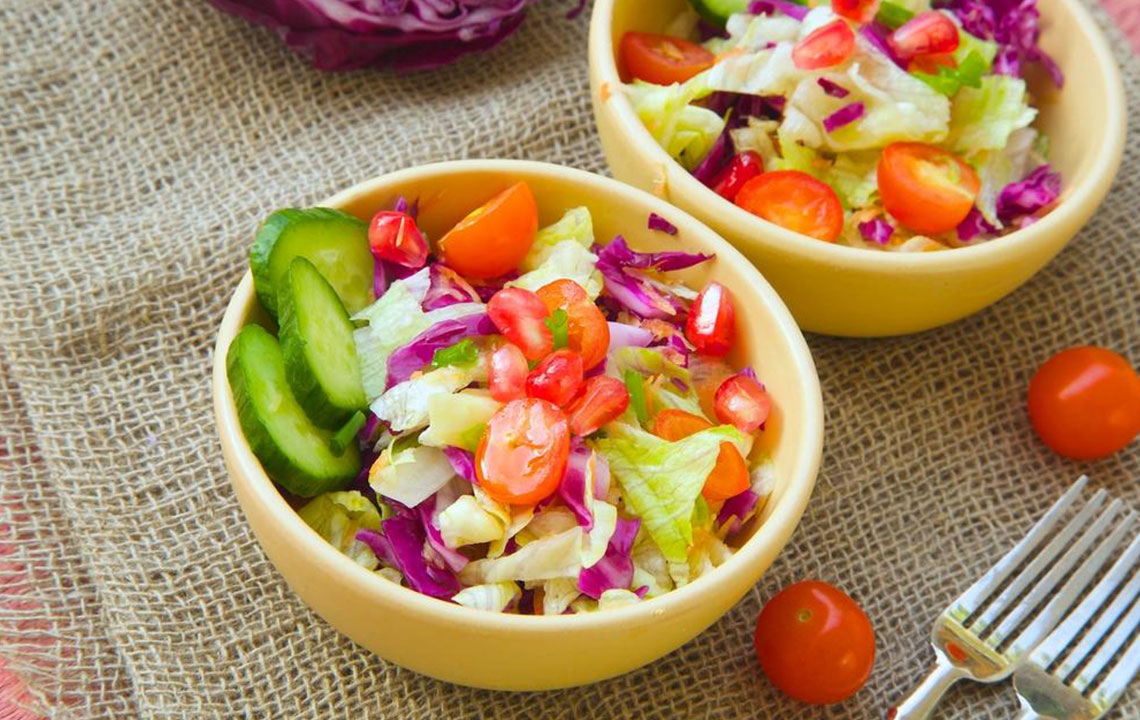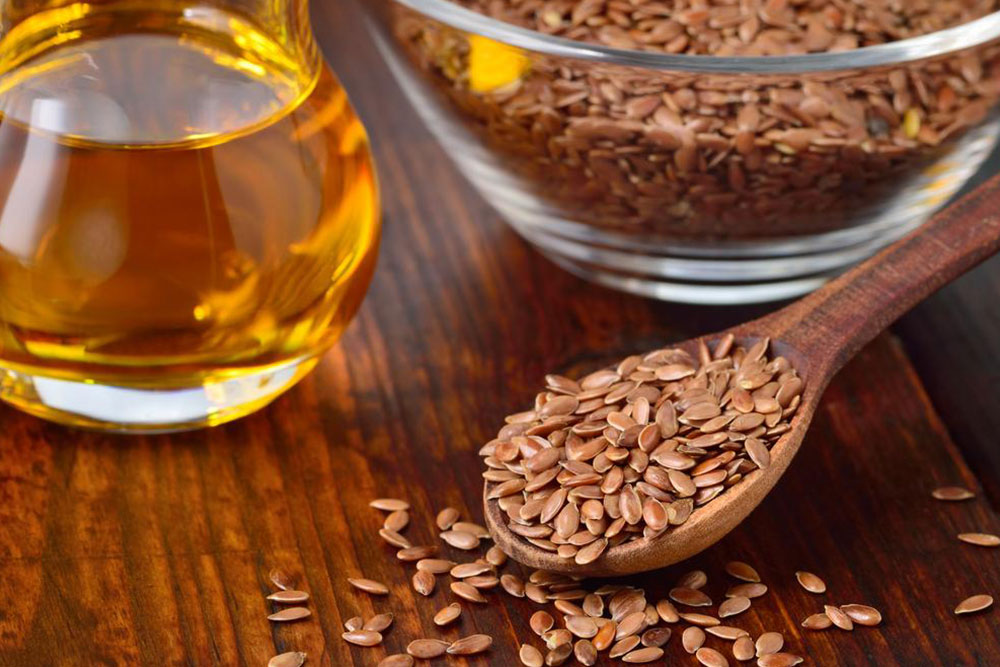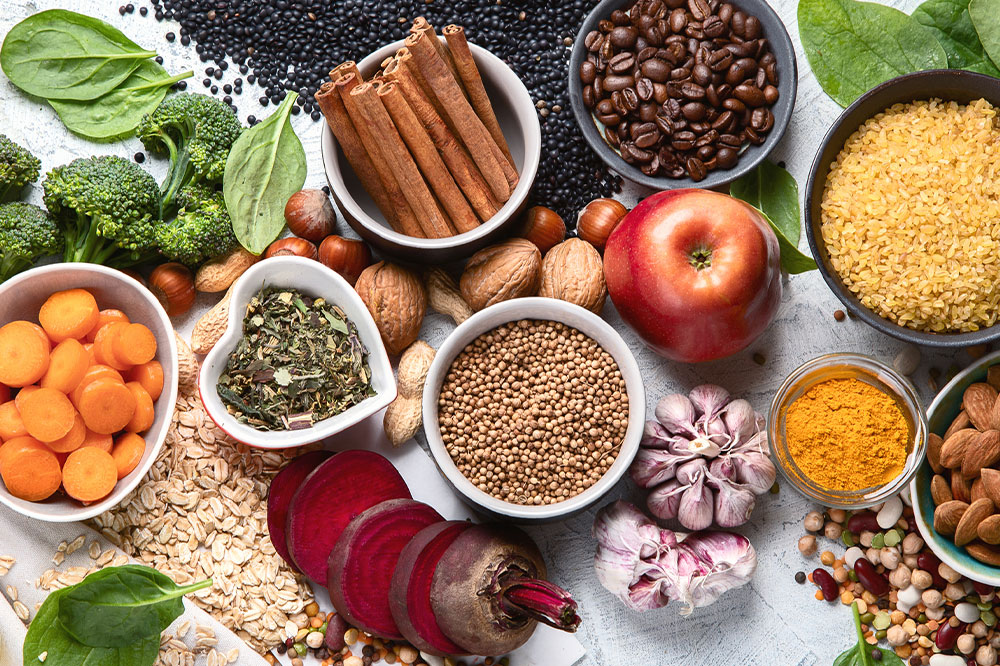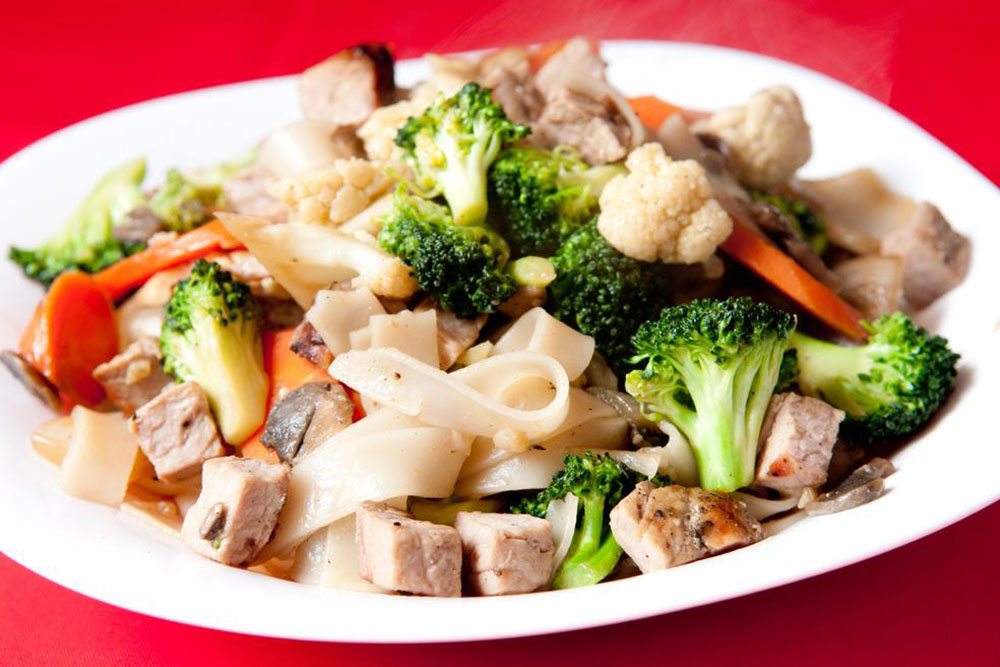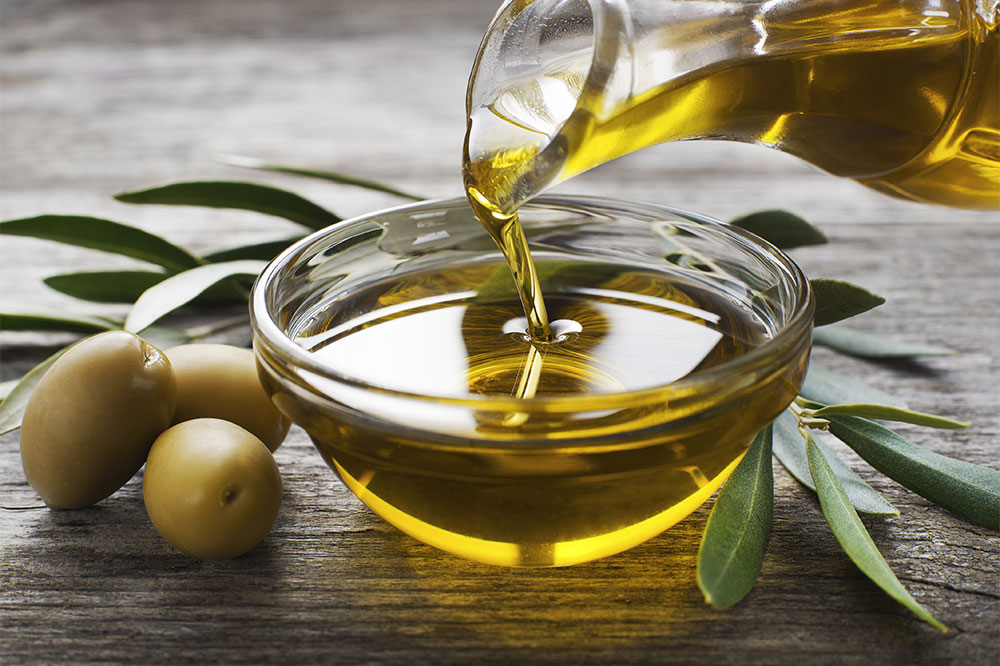Top Anti-Inflammatory Foods for a Healthier Life
This article highlights key foods that can help reduce inflammation and promote overall health. It covers nutrient-rich options like fatty fish, whole grains, leafy greens, nuts, and spices such as ginger and turmeric. Incorporating these anti-inflammatory foods into your diet, alongside medical advice, can improve health outcomes and prevent chronic conditions related to inflammation.
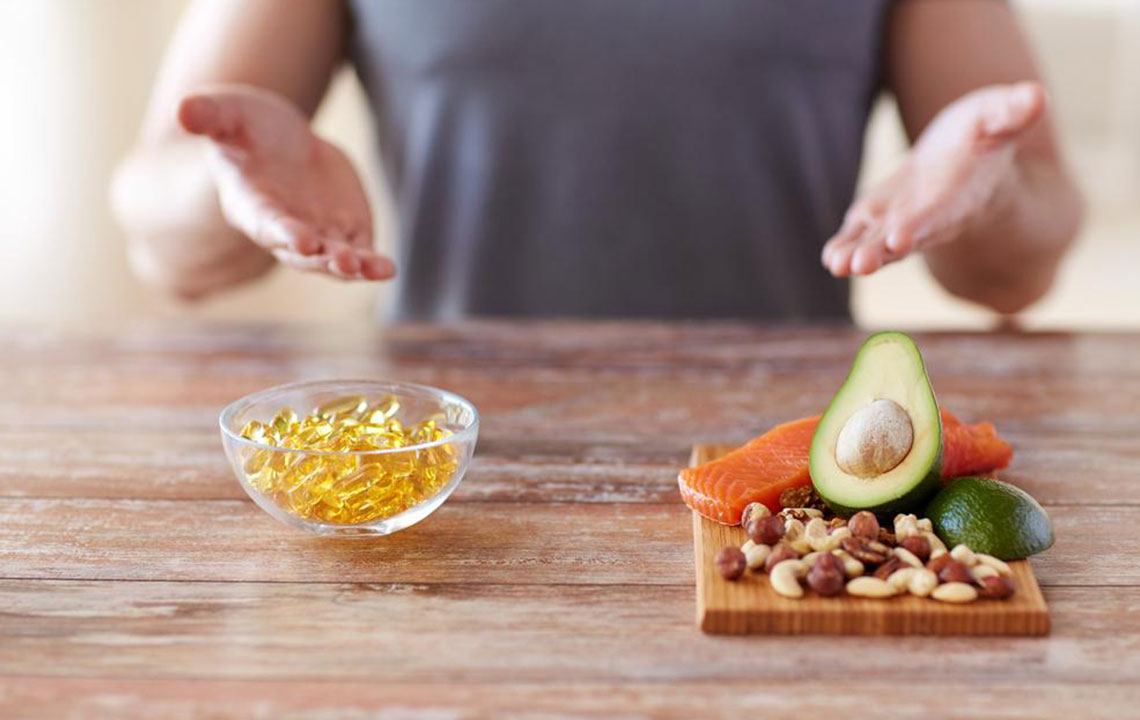
Key Foods That Promote Health and Reduce Inflammation
Inflammation is a necessary immune response that aids healing. However, persistent or excessive inflammation can lead to conditions like rheumatoid arthritis, causing significant health issues.
Foods rich in saturated fats and sugars can help combat inflammation if chosen wisely.
Here are some foods known for their anti-inflammatory properties:
Fatty Fish:
Fish such as mackerel, salmon, tuna, and sardines are packed with omega-3 fatty acids that reduce inflammation. Consuming baked or boiled fish several times weekly is preferable to fried or salted options for optimal benefits.
Eating these fish can lower your risk of heart disease by approximately 23%.
Whole Grains:
Whole grains like oats, brown rice, and whole wheat bread contain higher fiber levels than refined grains, helping to lower C-reactive protein levels—a marker of inflammation. Incorporating whole grains into your diet is an effective strategy against inflammation.
Low-Fat Dairy:
Dairy products are sometimes linked to inflammatory conditions like rheumatoid arthritis, mainly due to casein, a protein they contain. However, non-allergic individuals can benefit from low-fat or skim versions, while probiotics in yogurt aid gut health and reduce inflammation.
Dark Leafy Greens:
Vegetables like spinach, kale, broccoli, and Swiss chard are rich in Vitamin E, which shields the body from inflammatory cytokines. Additionally, they provide vital nutrients like iron and calcium, enhancing their anti-inflammatory effects.
Nut Varieties:
Nuts such as almonds and walnuts supply healthy fats and antioxidants, essential for fighting inflammation. Almonds offer calcium and vitamin E, while walnuts provide omega-3 fatty acids (alpha-linolenic acid).
Soy Products:
Isoflavones present in soy, soy milk, tofu, and edamame, can effectively decrease inflammation markers like CRP, especially in women. Opt for minimally processed soy options to maximize health benefits.
Spicy Peppers:
Capsaicin in cayenne and chili peppers helps alleviate pain and inflammation, making them a flavorful inflammatory fighter.
Tomatoes:
Rich in lycopene, tomatoes are effective at reducing body-wide inflammation, especially in respiratory areas. Cooking tomatoes enhances lycopene absorption.
Beets:
The vibrant red vegetable and its juice are potent antioxidants that can decrease inflammation. Beets are also linked with lowering risks of cancer and cardiovascular diseases due to their folate, fiber, and betalain content.
Ginger and Turmeric:
These spices from Asian and Indian cuisines possess anti-inflammatory properties. Turmeric's curcumin can regulate NF-kappa B, a molecule that triggers inflammation, while ginger soothes gut inflammation.
Garlic and Onions:
Allicin, from garlic, and quercetin, from onions, act as strong anti-inflammatory agents, reducing substances associated with chronic inflammation like arthritis.
Olive Oil:
Olive oil, known for heart health benefits, also exhibits significant anti-inflammatory effects, making it a key ingredient in an inflammation-fighting diet.
Berries:
Berries contain anthocyanins, powerful antioxidants that combat inflammation and maintain overall health.
Adding these foods into your diet can help manage inflammation more effectively. Consult your healthcare provider for personalized dietary guidance to address your specific health needs.

